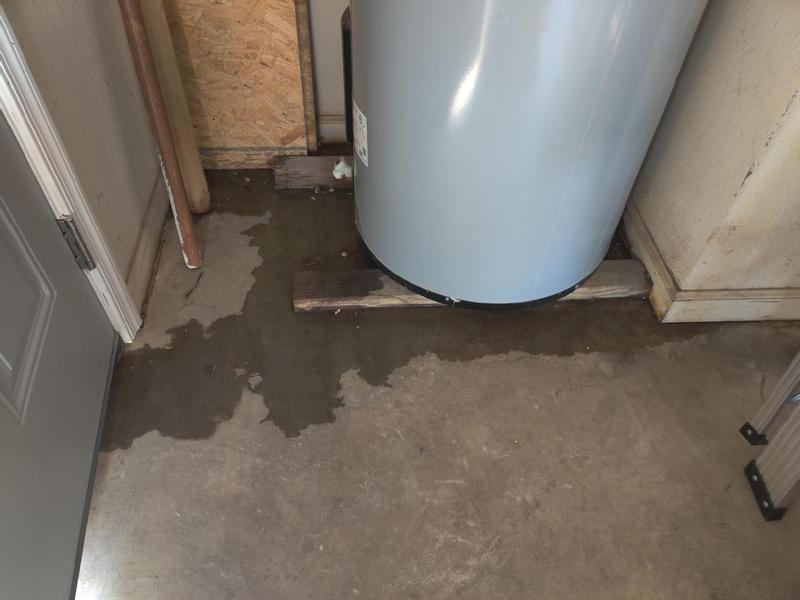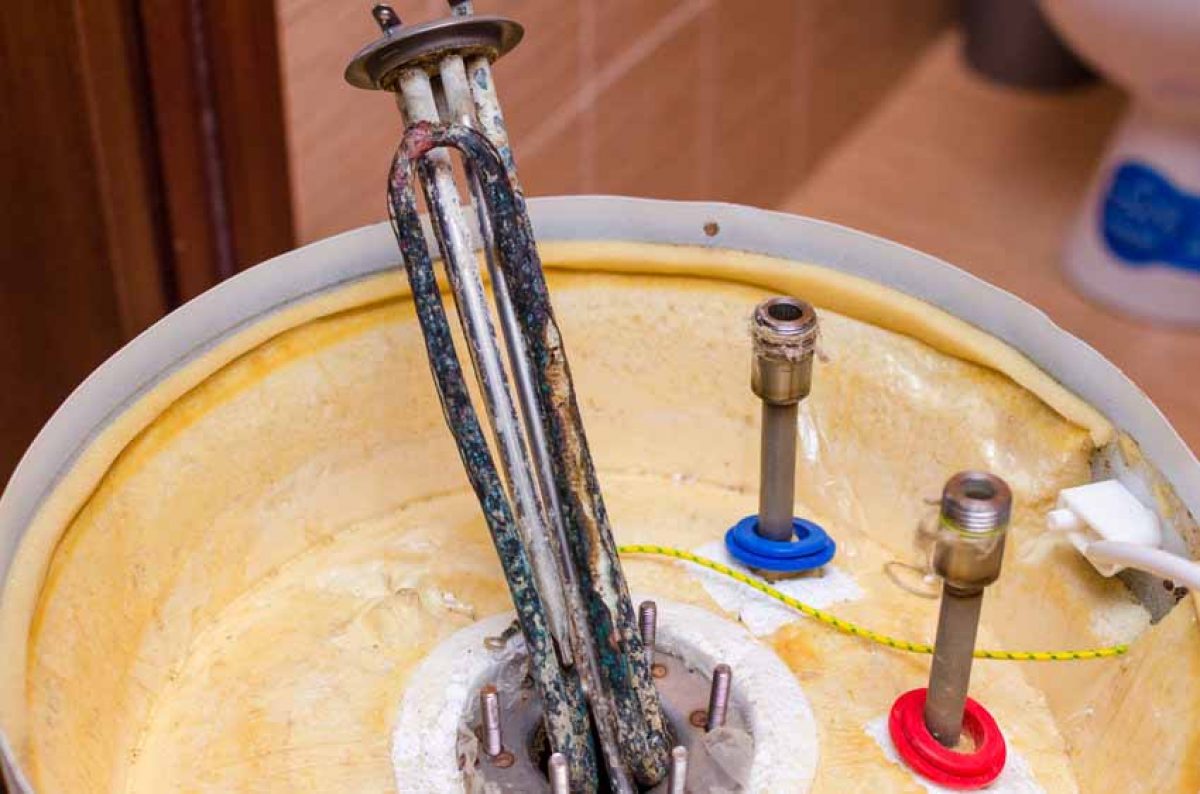Crucial Procedures for Residential Property Owners Dealing with Faulty Water Heaters
Crucial Procedures for Residential Property Owners Dealing with Faulty Water Heaters
Blog Article
Have you been hunting for info about Water Heater Burst?

Whether it is located in the cellar or a different room, damaged hot water heater can cause anxiety. A common device holds 80 gallons, so an overnight leakage will certainly lead to a flooding. This results in significant residential property damages with drenched wall surfaces and floorings. Besides, having no warm water supply is also troublesome. If you are managing these concerns, keep in mind of the following:
Shut Down Source Of Power
Prior to calling the plumber, shut down a gas water heater by turning the temperature dial. This is typically located on top of the thermostat. If you have a model that works on electric power, switch off the circuit breaker. This will prevent electrocution, specifically if there is a leakage as water is a conductor. Normally, the heating element turns off when the water strikes a particular temperature. With a broken container, it might malfunction. Sufficing off assures you stay safe.
Cut Off the Cold Water Supply
Cut off the tanks tap water supply from the resource. When your container is in excellent problem, the chilly water quits loading up when the tank is full. If you can not find it or reach it, you have to transform off that primary water supply line outside your residential property.
Call the Plumber
After doing the first two safety and security actions, you should call your plumber to come right away to take care of a burst water heating unit. There are generally signs that your aging water heating unit has debris accumulation in the inside.
Rather, as quickly as you detect these signs, have a professional come to examine your water heater thank. Usually, water heating systems have a life-span of regarding 8 to 12 years.
Clean Up Property
After calling the plumber, record damages by taking notes and also photos so you can claim your home owner's insurance policy. Get rid of any kind of standing water to avoid mold as well as mildew development. If you have a completely submersible water pump, make use of that to drain the water.
Keep in mind, if you discover any issues with your water heater, call the pros right now. You can not take this problem lightly because a malfunctioning thermostat can increase water temp to a precariously high degree, resulting in unintended burns. A damaged heater pressure safety valve can also cause an explosion. For best results, obtain an annual check so your unit gets inspected, cleansed, drained pipes, and re-filled, guaranteeing ideal performance.
Whether it is located in the basement or a different room, busted water heating systems can cause stress and anxiety. Prior to calling the plumber, shut off a gas water heating system by turning the temperature level dial. After doing the very first 2 safety actions, you should call your plumber to come right away to deal with a ruptured water heating unit. If you have a completely submersible water pump, make use of that to drain pipes the water. Remember, if you discover any type of problems with your water heating unit, call the pros right away.
Is My Water Heater Broken?
The Water Heater is Old
No appliance will last forever. This includes a home’s water heater. During its lifespan, residents are going to face a situation where a new water heater installation will be necessary. The biggest problem with this is that most people are not sure when their water heater expires. Not knowing this can lead to serious risks if the unit begins to act up due to old age.
Most makes and models of water heaters will last between eight and 10 years. While 10 years is the age when water heater replacement is highly recommended, the need to replace the unit may occur before this time or after. If the unit doesn’t show any symptoms of a problem, it is a good idea to replace it at the 10-year mark (from the manufacture date).
Some of the symptoms that indicate a new unit is needed include rusting, leaks, noises, and a failure to heat up the water. Also, note that not all units have a 10-year life expectancy. The main exception to this rule is that a gas unit will last for six to eight years.
Rusty Heater Inlet Valve or Water
While steel is the strongest material on earth, it does have a weakness – rust. If corrosion occurs on a steel surface, it will begin to spread and eat through the steel in certain areas. On water tanks and pipes that are made of steel, rust is a warning sign of an impending leak.
The issue for many is trying to figure out if the rust is coming from the water heater or the pipes that lead to the faucet. If rust is seen, it is a clear indication that water heater service from the professionals is needed.
If rusty water appears out of the faucets in the bathtub or sink, it likely means a rusty water heater. If there is rust near the water inlet or the pressure relief valve, rust has likely developed inside the tank. If tap water appears rusty, it may be an issue with the pipes.
Strange Sounds from the Water Heater
Are there strange sounds coming from the tank? As a water heater gets older, rumbling noises may develop and get louder and louder as the water in the tank heats up. In homes where large amounts of hot water are used, the issue is likely going to be even more obvious when more serious issues arise. If there is a strange or loud noise coming from the unit, it is probably because of sediment buildup. A good way to remedy this problem is by flushing the heater. If this does not work, then a new unit may need to be installed.
Leaks
As a water heater gets closer to the end of its useful life, there is a higher chance there will be water around the tank. If there is water, this usually means leaks are occurring. Based on where the unit is located in the home, a leak may result in serious property damage.
Leaks are usually caused by expansions in the metal tank. The expansions occur as time passes and as the inside body of the tank is exposed to multiple heating cycles per day. When a fracture forms, the gap will be slight enough to hold the water in; however, in more serious situations, this will not be the case. If the tank is idle, the water will not leak but when the metal expands during each heating system, small amounts of water will get through the gap.

As an avid person who reads about What Do You Do When Your Water Heater Bursts?, I thought sharing that excerpt was beneficial. So long as you enjoyed reading our blog post if you please don't forget to share it. Thank you so much for taking the time to read it.
For fast relief, call! Report this page